Showing results for fire2020 xped promo code free spinks tanzania
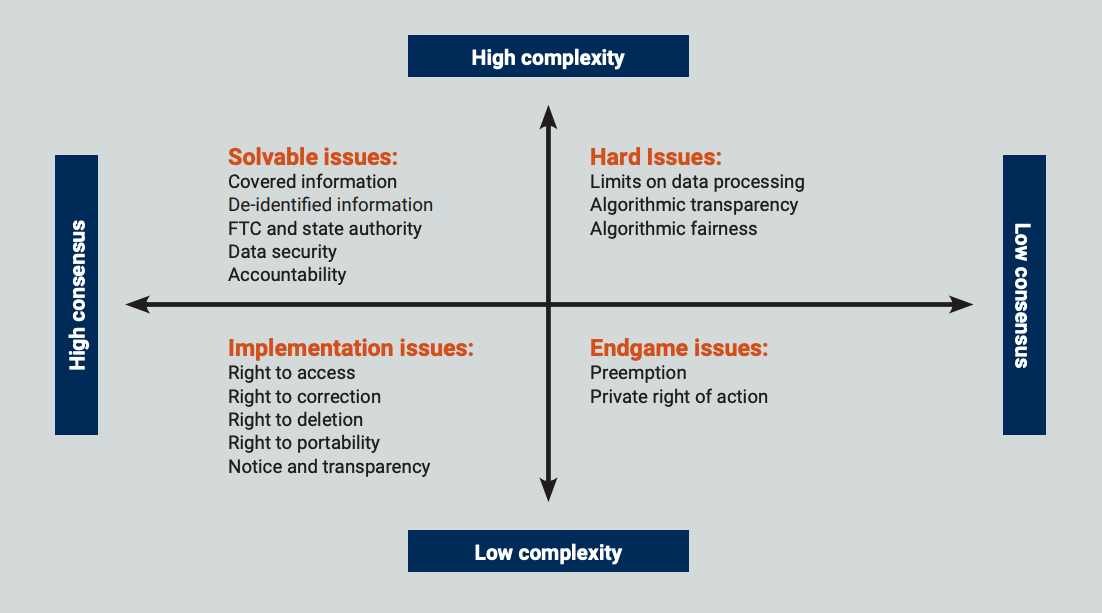
Endgame Issues: New Brookings Report on Paths to Federal Privacy Legislation
[…] adequately enforce the law, for example, when a violation involves harm to only one or a few individuals. Read more from advocates: Gaurav Laroia & David Brody, Free Press, Privacy Rights Are Civil Rights. We Need to Protect Them (Mar. 14, 2019); Joe Jerome, Tech Policy Greenhouse by TechDirt, Can You Protect Privacy If […]
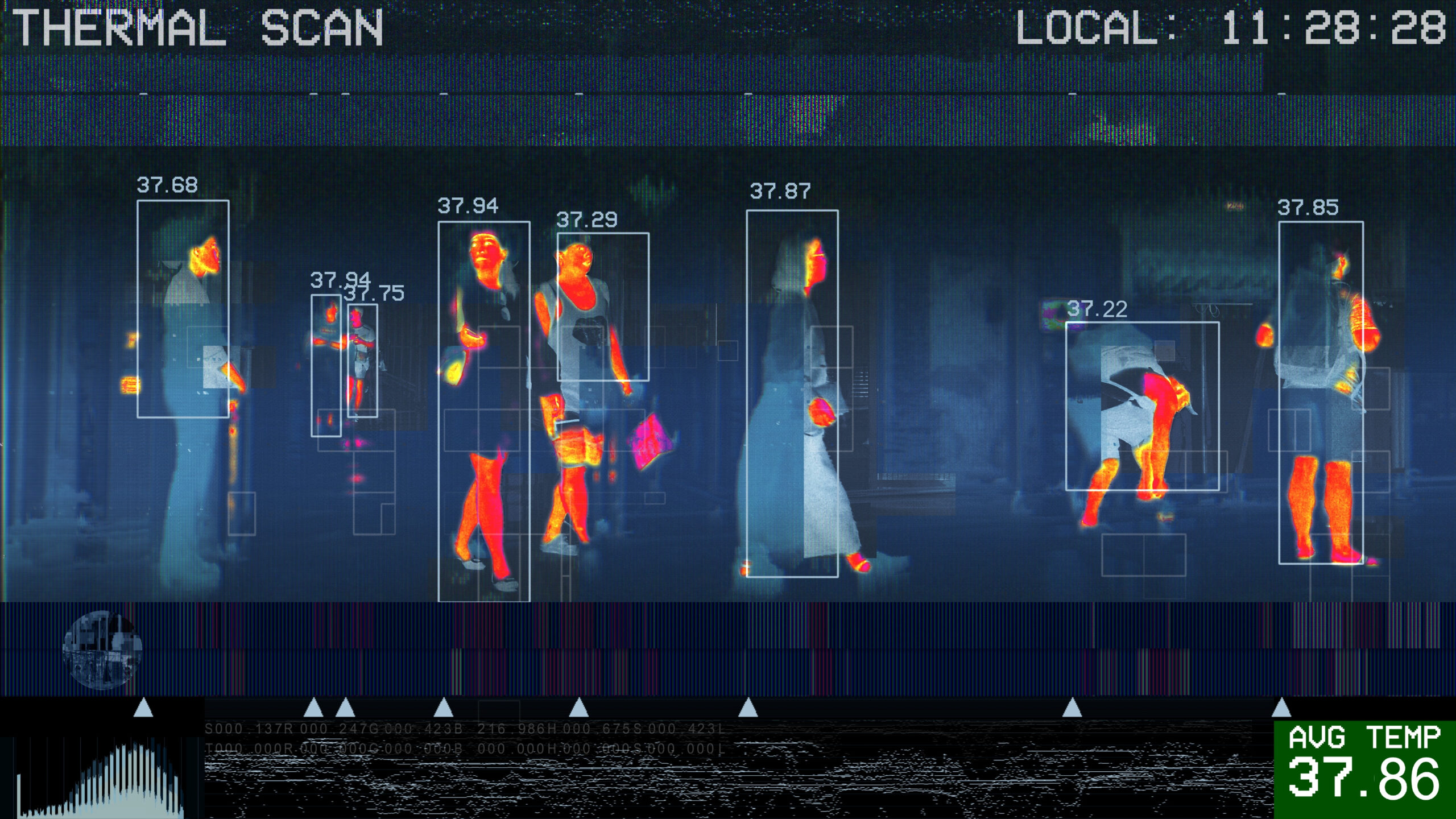
Thermal Imaging as Pandemic Exit Strategy: Limitations, Use Cases and Privacy Implications
[…] risks and facing the associated downsides of that label, including discrimination. The Electronic Frontier Foundation (EFF) points out that thermal cameras are surveillance devices that can “chill free expression, movement, and association; aid in targeting harassment and over-policing of vulnerable populations; and open the door to facial recognition.” In light of the questionable effectiveness […]

Artificial Intelligence and the COVID-19 Pandemic
[…] care professionals that leverage audio-visual data, text analysis, chatbots, and sensors. Based on our analysis, we recommend that AI app developers: Improve the fairness of the data; Code check the apps; Validate the models of existing systems; and Improve confidence in recommendations Contents: I. Overview Political and structural responses II. Analysis of COVID-19 […]
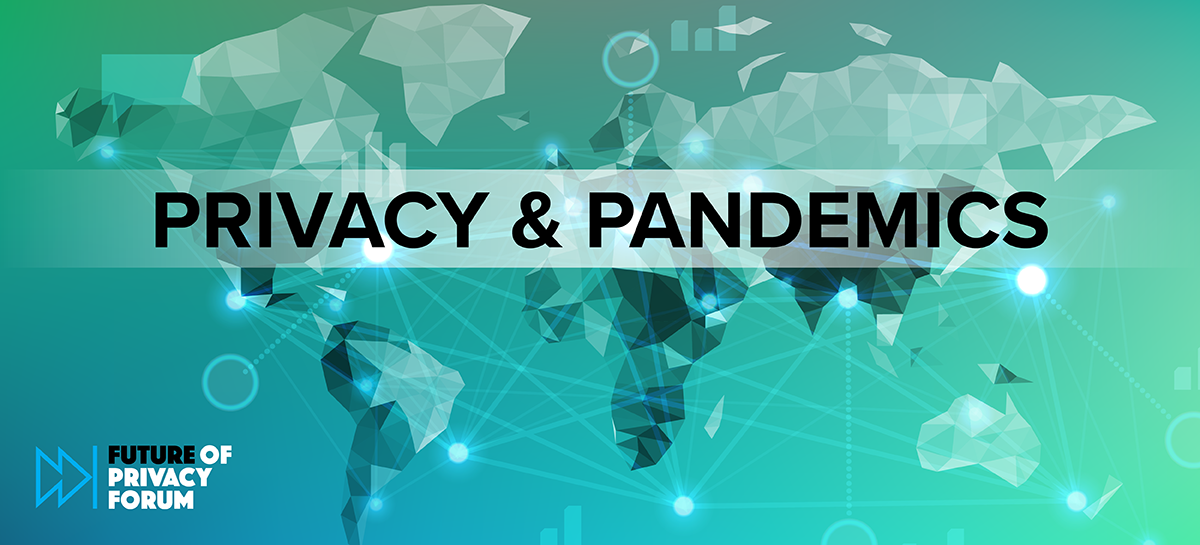
European Union’s Data-Based Policy Against the Pandemic, Explained
[…] the population, in combination with specific other measures, will lead to a significantly lower number of infected people.’ In its Resolution, the Parliament also asked for the code of contact tracing apps to be public and recommended that ‘sunset clauses are set and the principles of data protection by design and data minimisation are […]
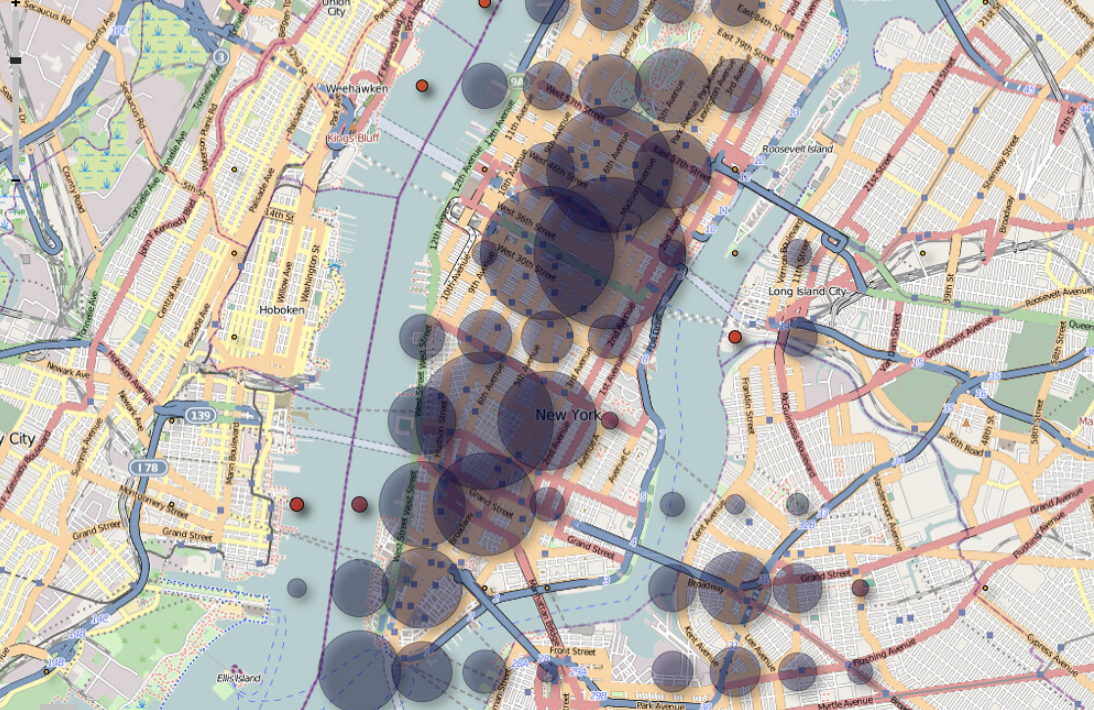
A Closer Look at Location Data: Privacy and Pandemics
[…] (covering the basics of location information); Mozilla’s Location Service Statistics (updated Mar. 2020) (showing unique bluetooth, cell and wifi networks); OpenCelliD’s Open Database of Cell Towers ( promoting private-public partnerships to understand network coverage patterns); FPF’s Data and the Connected Car Infographic (June, 2020) (describing the basic data-generating devices and flows in today’s connected […]
EU DPAs Issue Green and Red Lights for Processing Health Data During the COVID-19 Epidemic
[…] information related to possible exposure to the virus to the employer or to the competent health authorities; Setting up dedicated channels to receive this type of information; Promoting work from home solutions; In the event of a report about possible exposure, “the employer can record the date and identity of the person suspected of […]

Privacy Papers 2019: Spotlight on the Winning Authors
[…] about privacy, big data, technology, and civil liberties throughout the world, and also appears frequently in the media. At Washington University, he teaches courses on privacy, technology, free speech, and constitutional law, and is a past winner of the Washington University School of Law’s Professor of the Year award. He was born in England, […]
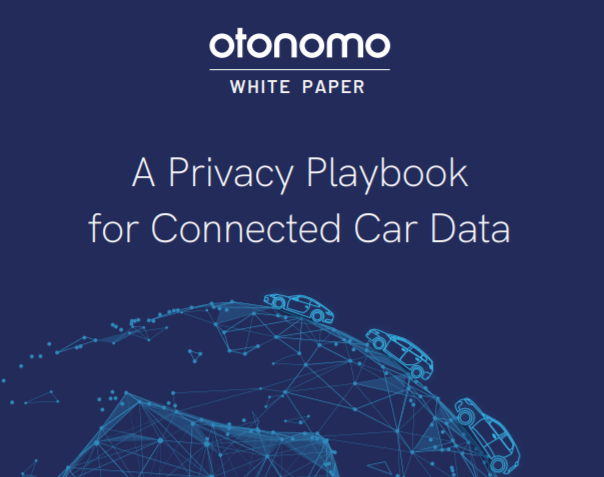
A Privacy Playbook for Connected Car Data
[…] use, and sharing of personal information about drivers, passengers, cyclists, and pedestrians. It is crucial that companies, advocates, academics, technical experts, and policymakers craft creative solutions that promote the benefits of connected vehicles while mitigating the privacy risks. Global legal frameworks have a role to play in assuring meaningful data protection and promoting trust, […]

The Future Is Now: FPF at CPDP2020
[…] 11:45, Petite Halle We are bringing together experts across the privacy, mobility, and civic space to discuss the challenges of transforming—and enforcing—transportation regulations through the use of code and algorithms. This panel aims to build upon the issue as framed by the ITIF report released earlier this year, which introduced multiple potential frameworks for […]
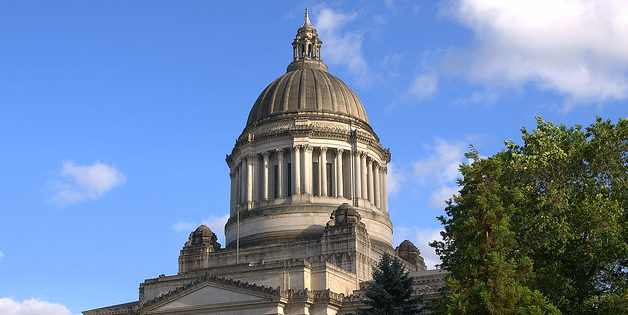
It’s Raining Privacy Bills: An Overview of the Washington State Privacy Act and other Introduced Bills
[…] browser extension, or global device setting, for consumers to express their intent to opt out. For all of these individual rights, companies are required to take action free of charge, up to twice per year, within 45-90 days (except in cases where requests cannot be authenticated or are “manifestly unfounded or excessive”). Importantly, the […]
